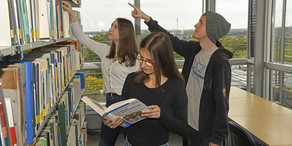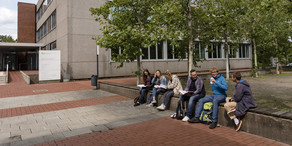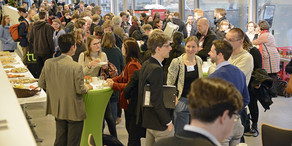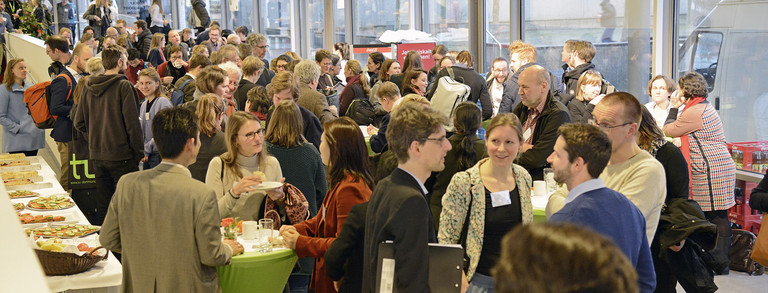Colloquium on housing policy: Data potential and digital tools for needs-based housing supply
- Veranstaltungen

The registration-form: https://umfragen.tu-dortmund.de/index.php/161898?lang=de
The program as a brochure (german): Download.
The future of housing is one of the central issues in municipalities and is associated with complex challenges ranging from housing market monitoring, the development of municipal action plans and the coordination of housing policy strategies and programs to the planning and implementation of specific projects.
The innovative analysis of existing data and the use of new tools such as digital twins create new and multi-layered data streams that significantly expand knowledge about the potential for needs-based urban development and housing supply and enable the presentation and evaluation of different planning and action alternatives. They also open up new opportunities for participation ‘from below’, e.g. through the seamless integration of ‘citizen science’ or the visualization of planning alternatives using virtual or augmented reality.
This will revolutionize spatial planning at state, city and neighbourhood level. Information on needs-based housing provision can be filtered out in a much more differentiated way. Global future issues and tasks such as the reduction of greenhouse gas emissions and the achievement of climate neutrality at municipal level can also be tackled in a more targeted and efficient manner. The implementation of these goals cannot wait; fundamental measures must be introduced immediately and on a larger scale than before. Innovative data analysis and digital tools and processes act as accelerators in this regard.
Many new analysis and digitalization approaches in the fields of housing and urban development are currently still in the start-up phase and are limited to a few areas of application, but their development and application are progressing rapidly. They can help to make cities and neighbourhoods more democratic, liveable and generally more resilient - for all population groups and under increasingly complex conditions for all stakeholder groups.
The following key questions will be discussed at the colloquium:
Can we identify pioneering approaches for the successful implementation of digital tools and innovative data analysis in the field of housing and urban development? How do the fields of housing and urban development benefit from new data analysis and the use of digital tools? And last but not least: Does the use of the tools promote the inclusion of disadvantaged population groups in planning processes?
These questions will be discussed from a scientific, planning and business perspective. The colloquium can thus provide concrete suggestions for work in municipalities and districts as well as in the housing industry.
Contact:
Tom Platzek
Thorsten Heitkamp











